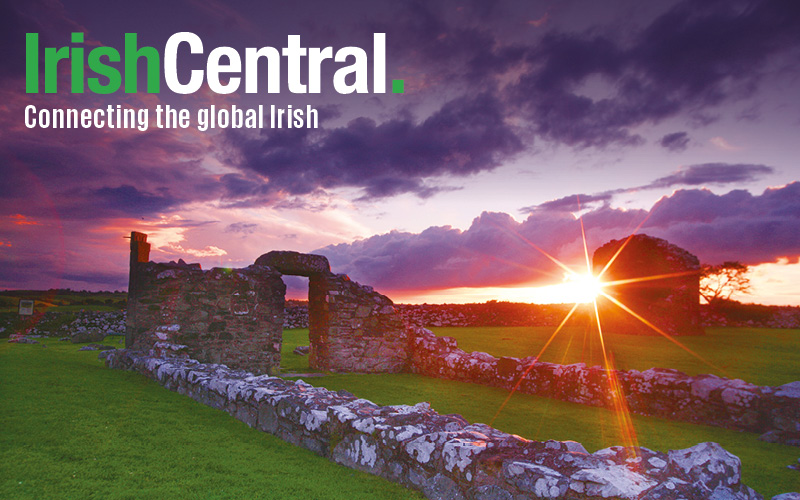Ireland was a total set up for every horde of foreign invaders that ever reached our shores.
We really don't acknowledge that fact enough. For centuries our princes and provinces were at near perpetual war with each other, and town-lands and families often got involved in the in-fighting.
Our centers of power and politics were all decentralized as a result. Every county had its own chieftain, sometime a half dozen of them.
It was all too easy for invading foreigners to forge a profitable alliance with one set of locals in their apparently endless feuds with another set.
In fact our ancestors were so busy squabbling among themselves that they often missed just how effectively they were all being systemically conquered.
Laughably, one of our kings once invited an invading army to come to Ireland to bolster him in his battles against his countrymen.
Part of this is human nature. The enemy of my enemy is my friend, many contended. Fighting all the little battles, they often missed the bigger ones that were unfolding all around them.
“Put an Irishman on the spit and you can always get another Irishman to turn him,” said George Bernard Shaw once. That comment has always seemed especially sour to me, because it's probably true of the people of every nation.
What makes Ireland a little different is the intensity and intimacy of which a perceived slight is pursued, and the harm to our own self-interest we seem wiling to endure to score another point against a long offending neighbor.
I'm not sure why this is. I think it would be really worthwhile to find out, though. What is it in our Irish natures that we have historically been willing to forgo our own best interests to have the last word? Why can't we just walk away?
Is it because if we aren't heard from we fear we will stop mattering? How much are we all willing to sacrifice to make another personal stand?
History is full of the answers, as are our now quiet battlefields. In Ulster the final fall of the old Gaelic world is a sad tale of lethally shifting allegiances, infamous betrayals and truly ill considered rebellions.
Our rough hewn individualism and our endless inter-feuding were no match at all for a disciplined invading army that worked in concert to usurp us. The English cleared the entire board of our chess pieces and king pins in just one generation.
We never seemed to take the English colonial project as seriously as we should have. We seemed to have thought them a slow moving irritation we could absorb like the Normans.
We didn't seem to grant them the same reality or urgency we gave to our internal domestic squabbles, until we looked up and noticed that it was entirely too late.
We still haven't learned the lesson of that. Because the funny thing is we are still doing the inter-feuding. Ireland has never quite understood itself to be one nation.
People from Kerry still secretly wonder if people from Derry are their countrymen. Oh they won't tell you so directly, but they do.
And connections and corruption have always been the coin of the realm of our disunited non-kingdom. People still mostly come to their professional positions in public life through a longstanding system of preferment, not merit. It really shows too, in the attitudes we adopt, in the entitlements we display, in the tenacity with which we uphold this tottering system.
Recently I attended a promotional event that reminded me that in Ireland it's still not what you can do, it's who you are and who you know. We are still not a meritocracy, at root we are all still wink and nod nepotists.
We still largely expect to inherit our positions and power. We expect it because for the most part we still do (or don't, of course).
At this recent promotional event I watched people who had a modest capacity for the posts they had been assigned/inherited deliver an unintentionally entertaining, ill-prepared and poorly executed event that had been intended to in some way promote our nation.
Instead we got what looked like a lost episode of Father Ted. This happened (and it will continue to happen) because if you don't have any real need to protect your easily inherited position from all-comers, then you don't feel an impetus to make what you do first rate.
Instead you can simply muddle through your life leaning heavily on your creamy Irish charm and funny jokes. Because that's the Irish system and nothing is going to change that, is it?
Until you finally look up one day, like our ancestors finally did once, to discover you don't recognize what has happened to the place where you live, perhaps.
All that complacency and insularity hasn't served us well historically speaking, but now more than ever it's a social model that's no longer fit for purpose in the 21 century.




Comments